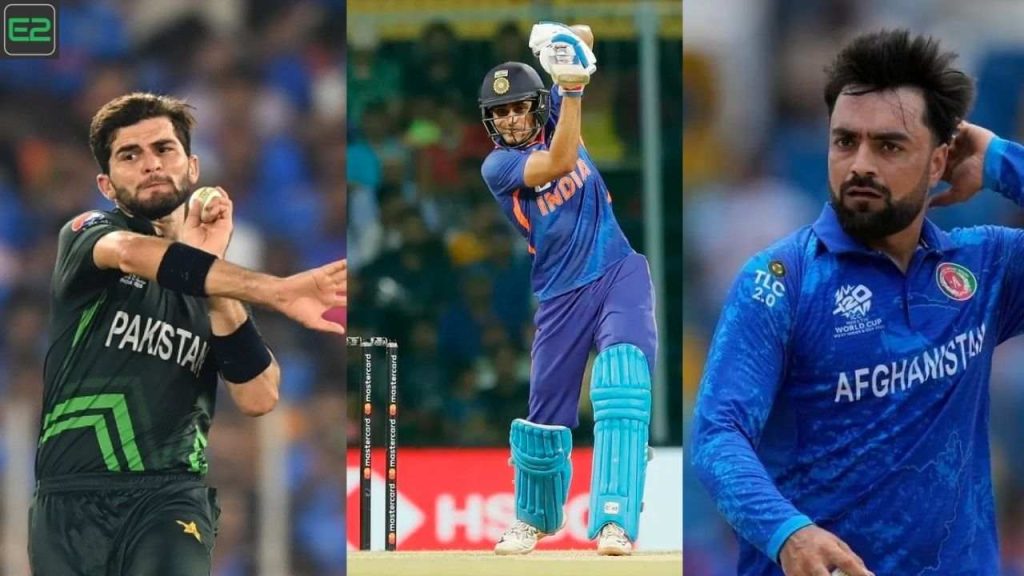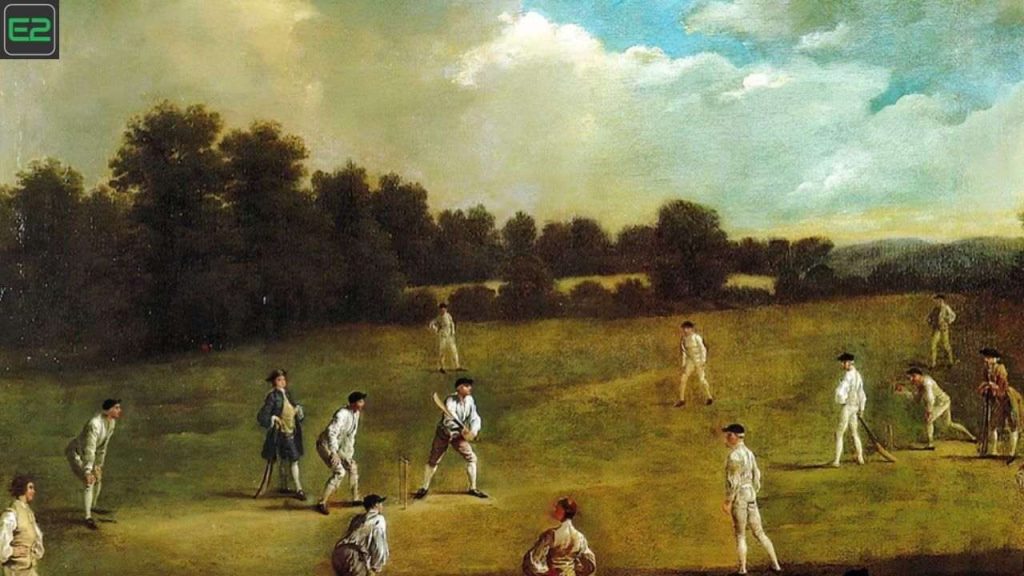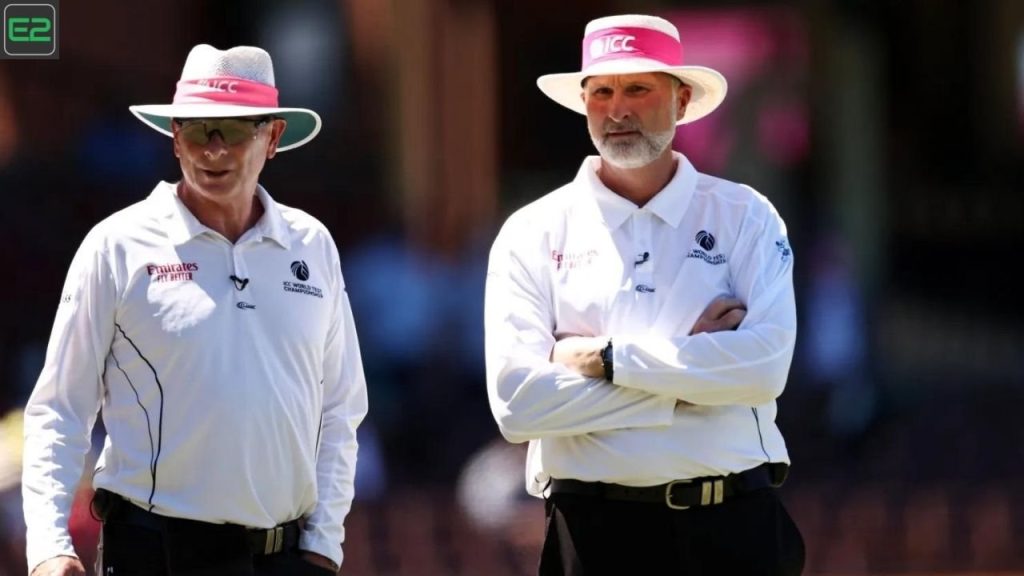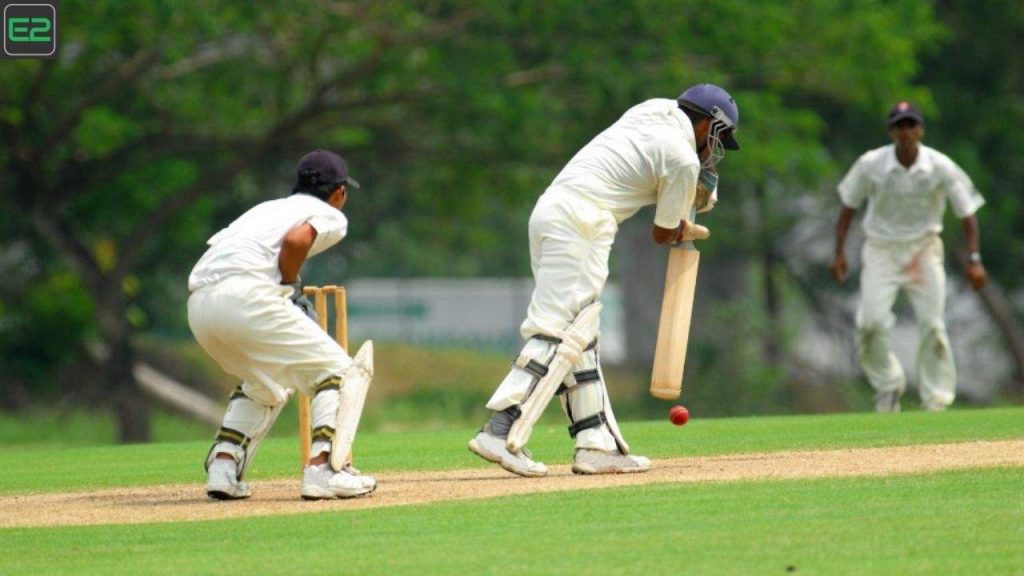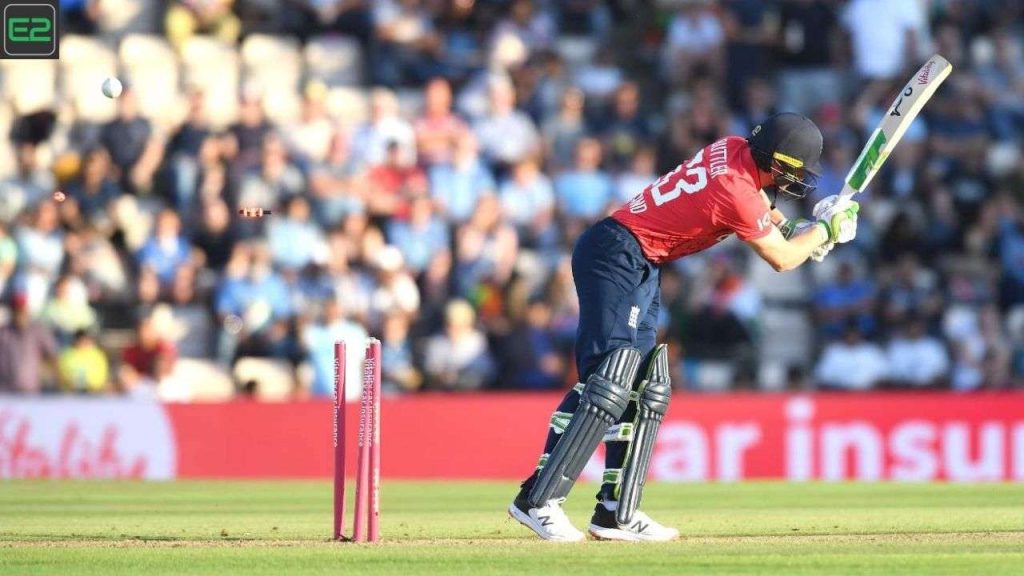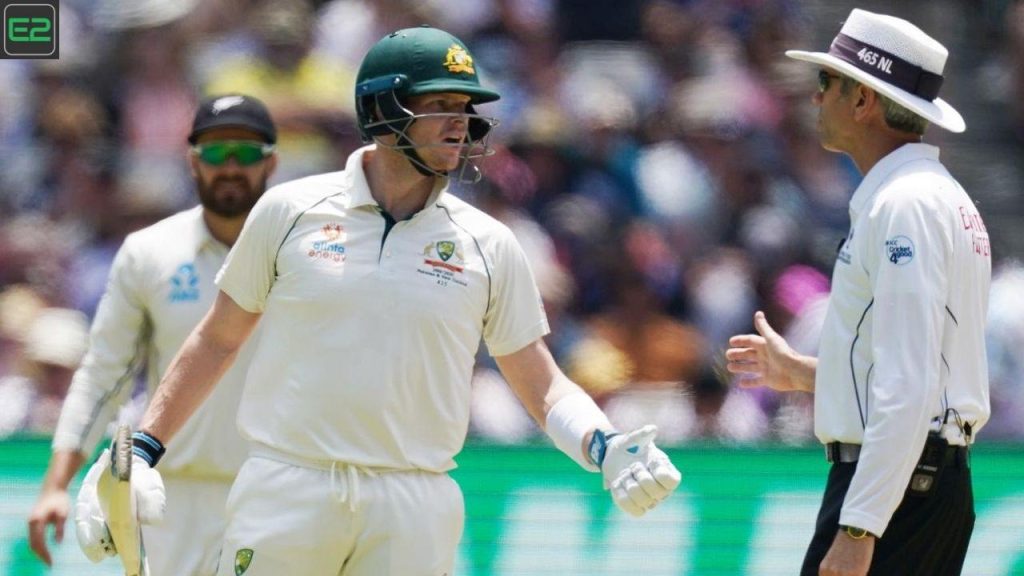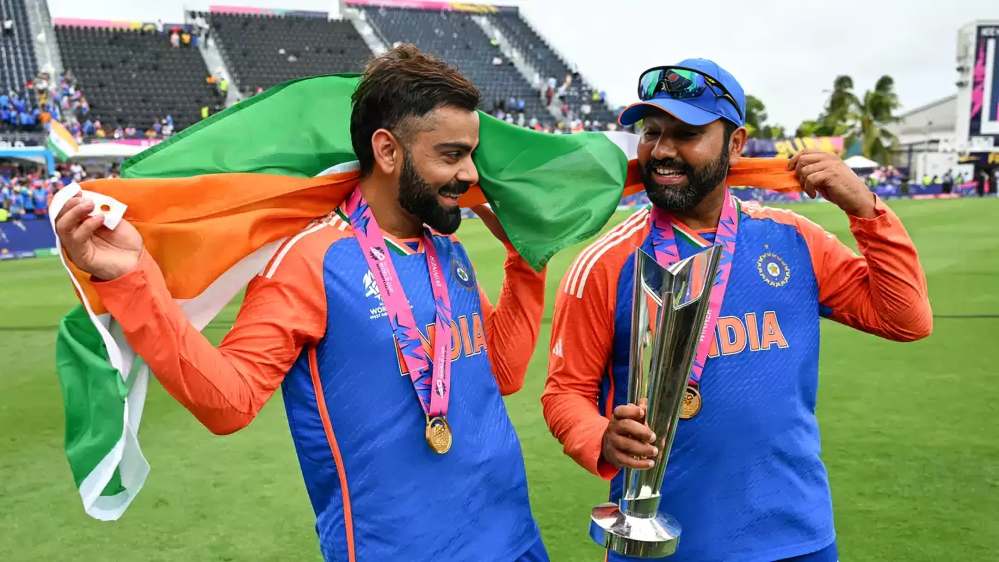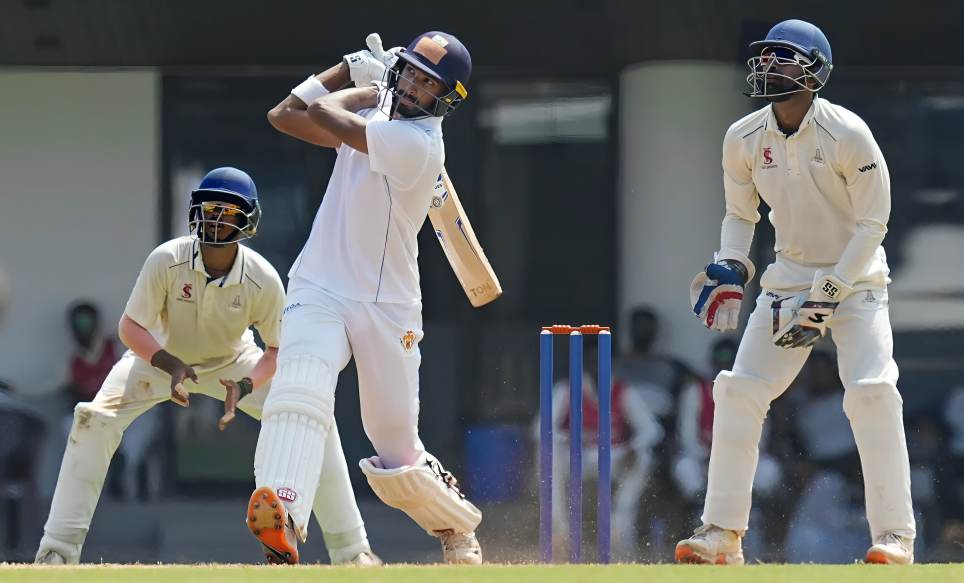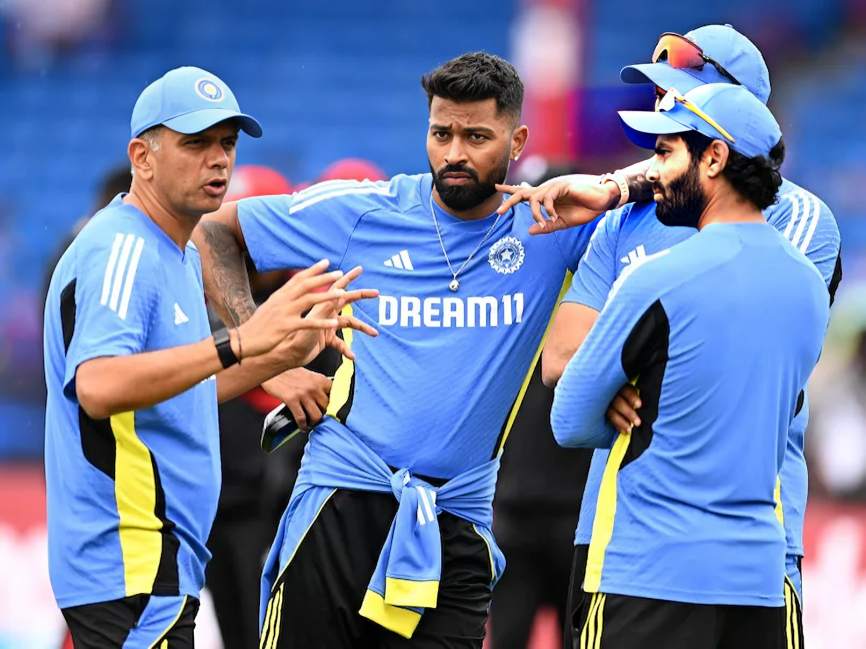PCB chief Mohsin Naqvi explains decision to drop Asia Cup boycott despite earlier threats
PCB Clarifies Asia Cup Boycott Drama

The Pakistan Cricket Board (PCB) chairman, Mohsin Naqvi, finally explained why he didn’t boycott the Asia Cup 2025 match against the United Arab Emirates (UAE) despite earlier threats to do so if the ICC failed to remove Andy Pycroft as match referee following the no-handshake controversy in the India-Pakistan clash.
The PCB’s theatrics continued on Wednesday, hours before the scheduled start of the game against the UAE, delaying the match by an hour. Despite their efforts, Pycroft remained the match referee. Just minutes before play began, the PCB announced that Pycroft had apologised for his actions.
Naqvi revealed that during the delay, he was in discussions with former PCB chiefs Ramiz Raja and Najam Sethi on whether to proceed with the boycott, which could have resulted in Pakistan crashing out of the tournament. Calling it a “very big decision,” he explained that support from Prime Minister Shehbaz Sharif and other government officials ultimately led to Pakistan continuing in the competition.
“As you all know, there has been a crisis going on since 14th September. We had objections about the role of the match referee. Just a short while back, the referee spoke to the coach, captain, and manager, admitting the no-handshake incident should not have happened. We also requested the ICC to set up an inquiry into this violation,” Naqvi told reporters.
Had Pakistan withdrawn from the Asia Cup voluntarily, it could have resulted in massive financial losses, with broadcasters potentially seeking compensation from the board.
‘No politics in sport’

Speaking at the same press conference, former PCB chairman Najam Sethi stressed that the board’s position has always been to keep politics away from cricket. He pointed out that this principle guided him during his own tenure as well. “PCB’s objective has always been that there should be no politics in sport. I was also a chairman, and that was the objective then; that’s the objective now. They played politics, we didn’t,” Sethi said.
He further added that the PCB had demanded an apology and received one, insisting that “cricket is the winner.” According to him, the global response has been more supportive of Pakistan’s stand, while critical of India’s approach.
The controversy heightened after India’s seven-wicket victory, when captain Suryakumar Yadav dedicated the win to the Indian Armed Forces and expressed solidarity with the victims of the Pahalgam terror attack. The gesture sparked tensions, leading to an unusual post-match scene where Indian players shut their dressing room door, declining the customary handshake with their Pakistani counterparts.



